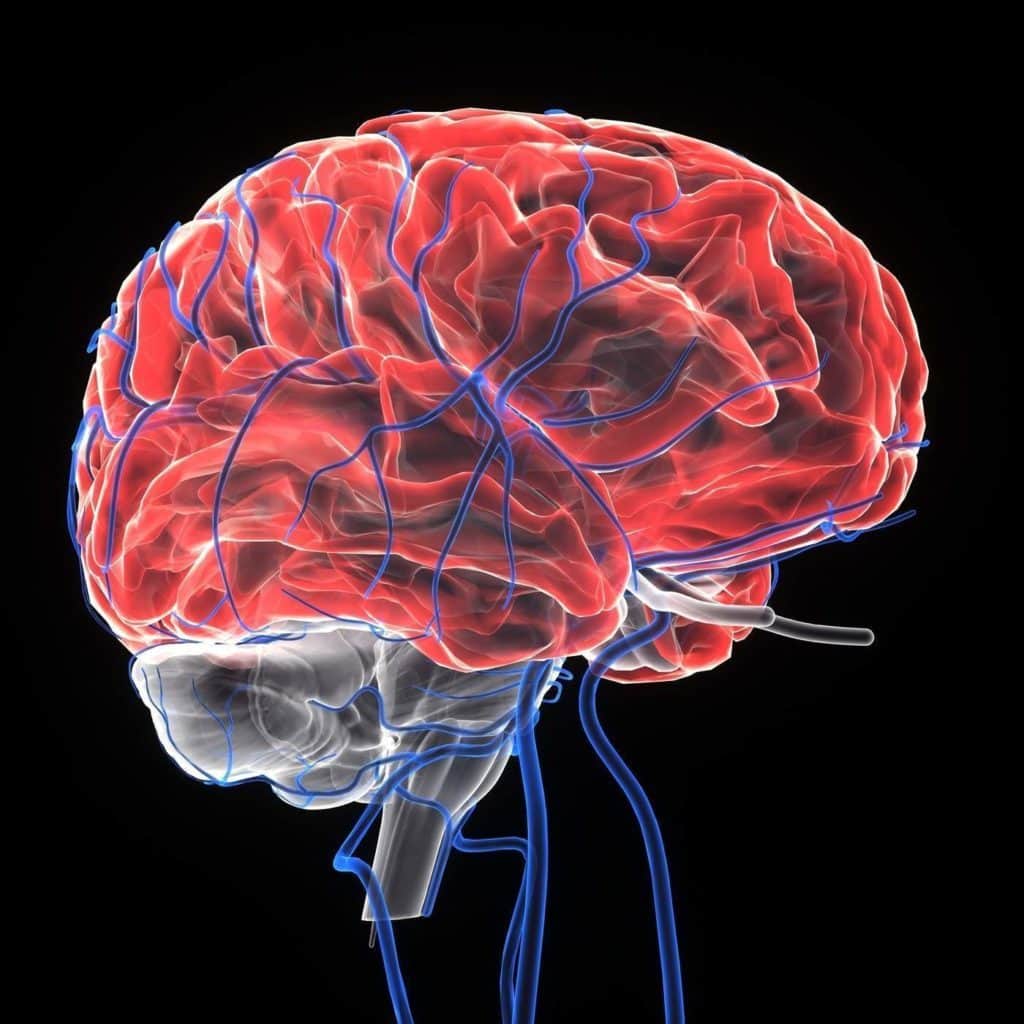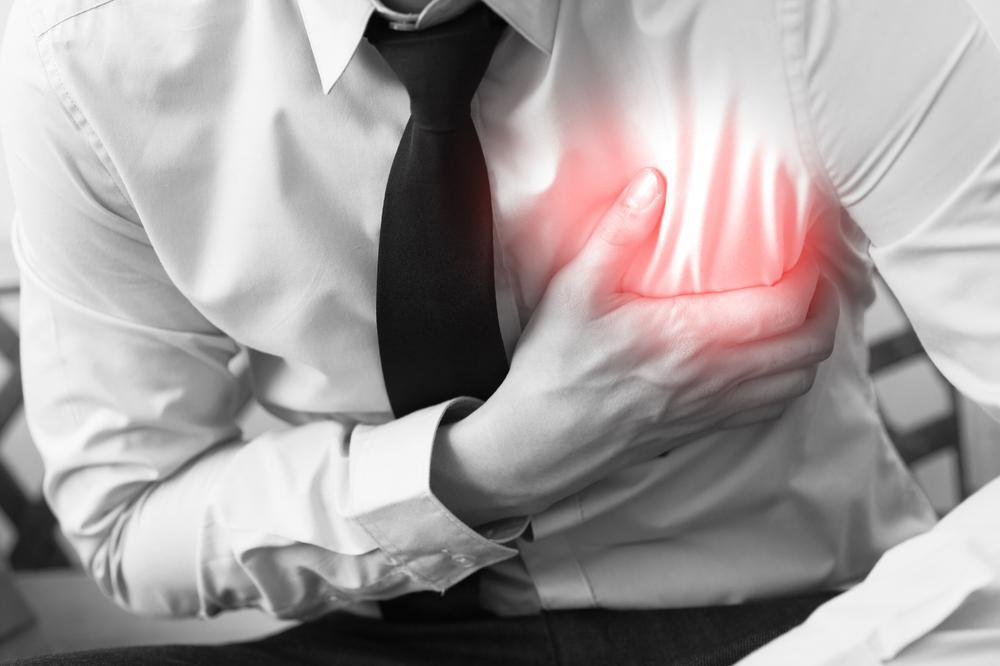Contents:
Medical Video: Concussion / Traumatic Brain Injury (TBI)
Many famous athletes talk about traumatic brain injury and how it affects their lives for years after retirement. Research on traumatic brain injury also shows a link between brain trauma and stroke.
So, can head trauma cause a stroke?
Traumatic brain injury can cause brain damage. After head trauma, there may be bleeding in the brain, which irritates brain tissue. Bleeding also decreases blood flow to the brain due to leakage of blood due to torn blood vessels. Swelling may occur, putting pressure on the brain tissue. Deep head injuries may take a long time to heal.
Concussion is a certain type of traumatic brain injury which is also considered the cause of long-term problems. Concussion is head trauma which results in temporary disabilities such as dizziness, loss of memory, blurred vision, or loss of consciousness. Even after recovering from a concussion, a person can experience neurological and psychological disorders, often called post concussion symptoms or post concussion syndrome.
What is the relationship between head trauma and hemorrhagic stroke?
There is a relationship between head trauma and an increased incidence of hemorrhagic stroke (bleeding stroke) in the following years. Hemorrhagic stroke is bleeding in the brain which may be caused by a defect in the arteries or very high high blood pressure.
Hemorrhagic stroke irritates the brain in part to bleeding, as well as extreme changes in blood pressure and blood vessel diameter, which may cause further damage. Hemorrhagic stroke moves quickly and can cause serious harm.
What is the relationship between head trauma and ischemic stroke?
Ischemic stroke is a stroke caused by blockage of a blood vessel in the brain, resulting in reduced blood supply to the brain region. Research shows that there is an increased incidence of ischemic strokes for years after head trauma.
A study conducted in China examined the improvement of hemorrhagic and ischemic strokes in patients treated in the neurosurgical ward of the Sixth People's Hospital, which is affiliated with Shanghai Jiaotong University. The researchers noted an increased incidence of hemorrhagic and ischemic strokes after head trauma. This may be caused by changes in the body's ability to form blood clots after head trauma. Changes in blood clots after head trauma cannot be predicted and therefore cause an increase in either hemorrhagic or ischemic stroke.
What is the relationship between brain surgery and stroke?
The relationship between traumatic brain injury and healing of stroke has also been studied. Articles published in Mayo Clinic Proceedings February 2014 not only points to an increased incidence of strokes after traumatic brain injury, but also to deteriorating recovery after a stroke.
Traumatic brain injury causes brain damage and decreases brain ability. This is probably one reason why patients find it difficult to recover from strokes that occur after head trauma.
How can I prevent traumatic brain injury?
Prevention of brain injury is one way to protect yourself from strokes.
The best approach is to prevent traumatic brain injury. One of the most effective prevention for head trauma is to use a seat belt in the car.
Other important precautionary measures against head trauma include wearing a helmet and headgear right when riding a motorbike and during challenging sports and activities, including cycling and skateboarding.
Other safe precautions to prevent head trauma include avoiding alcohol and drugs when you operate heavy machinery including cars, motorcycles, lawn mowers, and factory equipment.












